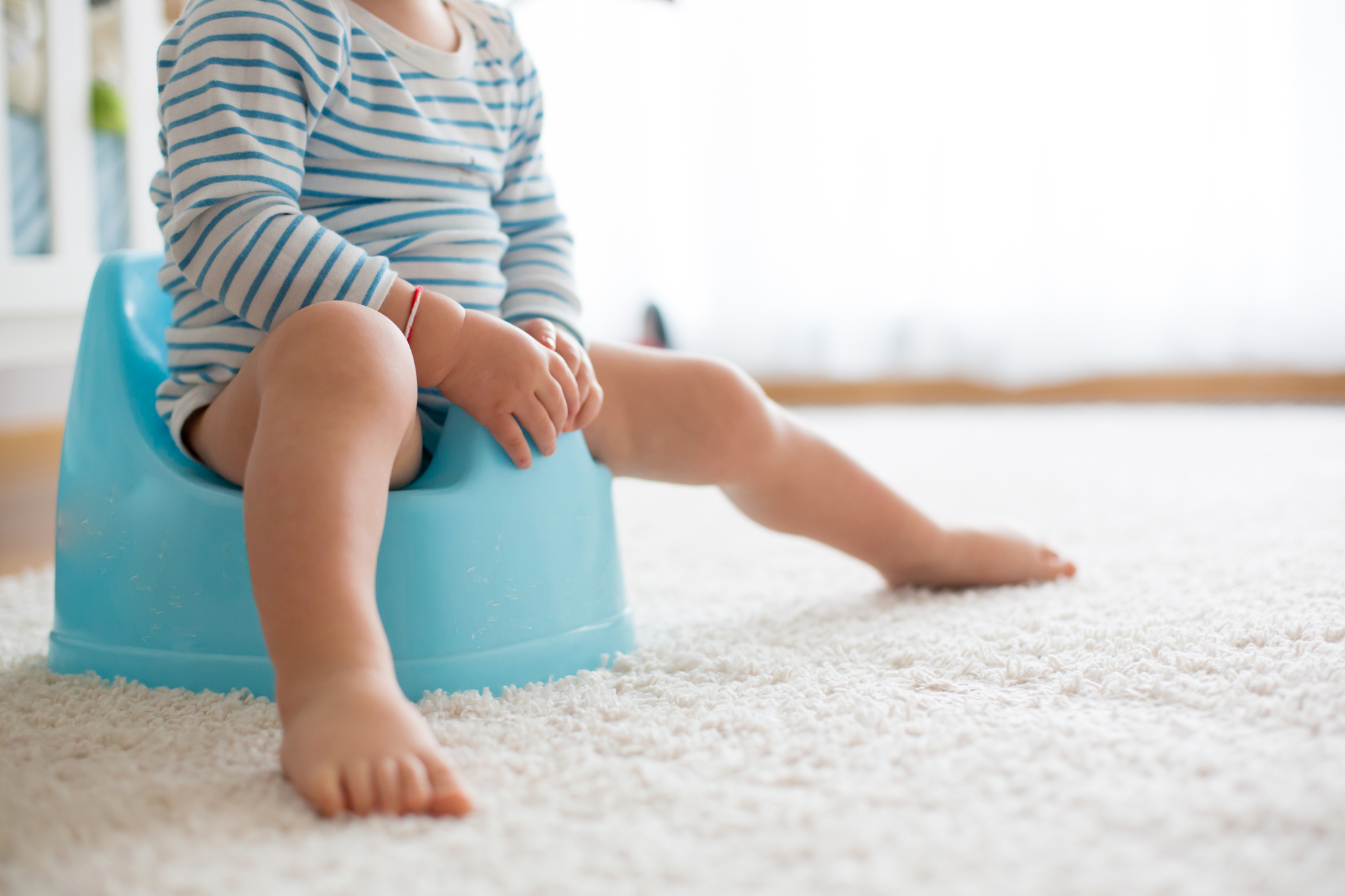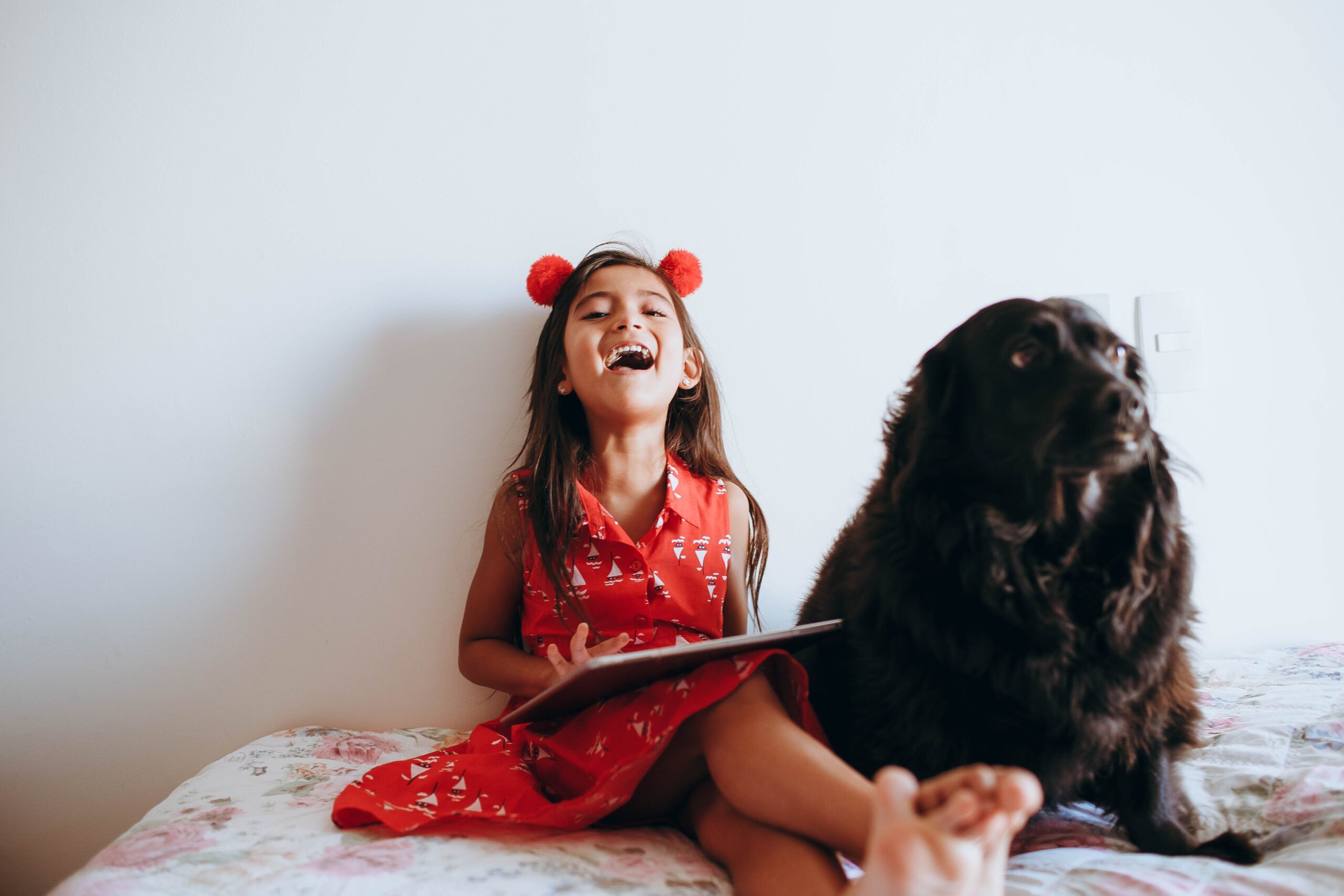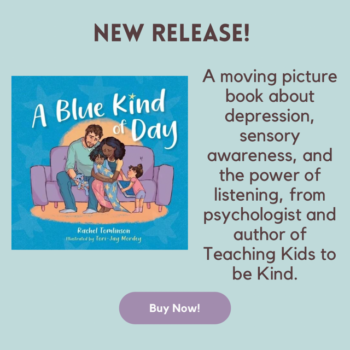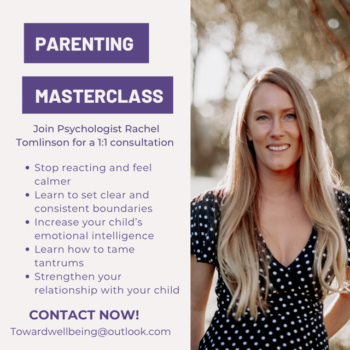Knowing when to start toilet training can be complicated. There is no single sign that tells us when our little people are ready to start this process, and in certain cases for even those children who are ready to start toilet training certain life events can derail things. In our house toilet training was a long…long process. Our little girl started showing the signs we had been told to watch out for around two; she was interested in toileting, had long dry spells, and would take herself off to her potty so we started toilet training. But it ended up being two years (yep two years) until she was finally out of nappies. So what happened? Well for us there were a number of factors like going to daycare and a stubborn personality added into the mix. But here are some things to watch out for, that signal you might be starting toilet training too soon.
- They don’t know, or can’t sense when they need to go to the bathroom. If a child cannot understand what the sensation feels like, or they struggle to communicate this to you, then it’s going to be challenging to get them to be consistently dry. You can help them notice different signs (wiggle dance, holding themselves, urgency etc) and can try and get them into a routine if you notice certain times of day or activities signal a wee or poo are imminent.
- They are actively avoiding, or might even be distressed about using the toilet or potty. If your child is screaming, crying, or running away to avoid going to the toilet they might not be ready. You can try and support them to clear up any fears – so reading things or showing them books about toilet training if you feel comfortable letting them see you use the bathroom etc. You might also want to check in with your family doctor if you are concerned about sensory issues as a potential roadblock for your child. Some children feel sensitive to different sensations (like bodily fluid exiting their body, straining etc), or have certain diagnoses that mean different sensory experiences can be overwhelming. You don’t need to visit the doctor straight away if your child is upset by the concept of going to the toilet, but if their behaviour persists despite your support, it might be a good idea to reach out.
- If they are happy to sit in a soiled nappy. If your child isn’t bothered by sitting in a full nappy they probably aren’t going to be super motivated by using the potty or toilet. If they don’t see the issue with this, they won’t alert you when they need to go, so you might miss important cues that would help get toilet training underway.
- Their nappies are still full. If your child isn’t having dry nappies yet, or they are having lots of little accidents when not in their nappy it might be a signal that your child’s muscles aren’t yet developed enough to hold onto their wee and poo. In order to become toilet trained they need to have control over their bladder and sphincter, and some kids just aren’t ready yet
If you start this process too soon and try to get them to toilet train before they are ready will just add stress and distress to the situation. This can actually set back toilet training efforts. Trust your instincts and don’t give into the pressure to toilet train your child before they are ready.
References
- Anne J Wright, Rosie Kelly, in Finnie’s Handling the Young Child with Cerebral Palsy at Home (Fourth Edition), 2009
- ALISON SCHONWALD, LEONARD A. RAPPAPORT, in Developmental-Behavioral Pediatrics, 2008








